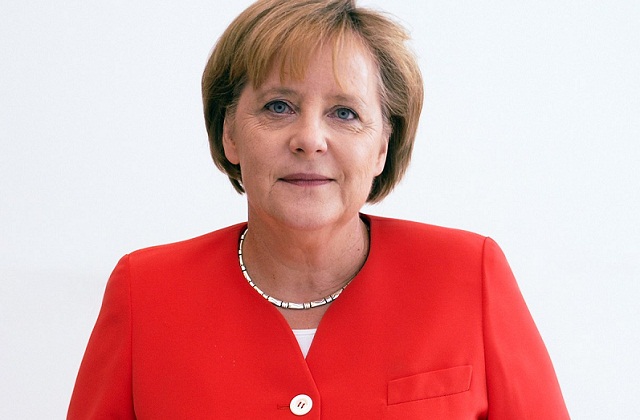
Berlin, Germany | AFP | German Chancellor Angela Merkel faced a regional vote test Sunday, after winning a fourth term with a disappointing showing that has forced her to embark on high-stakes coalition talks.
Three weeks after German voters handed Merkel’s Christian Democratic Union its worst result in decades, the leader of Europe’s biggest economy is locked in another poll battle — this time in the region of Lower Saxony.
Polls opened at 8:00 am (0600 GMT) for the 6.1 million eligible voters and are scheduled to close at 6:00 pm (1600 GMT) when first estimates will be released by public television.
Latest surveys show the CDU lagging behind the Social Democratic Party (SPD) in the state, the fourth most populous in Germany and home of scandal-tainted Volkswagen.
“A victory in Lower Saxony is important for Merkel because it would strengthen her and show that her party can still win state elections,” said Oskar Niedermayer of Berlin’s Free University.
But a defeat “would be a bad sign for the negotiations which begin in the middle of next week” on forming a new coalition government in Berlin, the popular German daily Bild said on Sunday.
Merkel’s rival, SPD leader Martin Schulz, is also desperately seeking to top the vote, after suffering a humiliating defeat in the national election.
Lower Saxony was forced into a snap vote after the ruling coalition of SPD and the left-leaning Greens collapsed when it lost its wafer-thin majority due to the defection of a single lawmaker.
Such a fragile coalition will be precisely what Merkel will seek to avoid as she opens talks with potential partners on Wednesday.
But after 12 years at the helm of the EU’s top economy, she is now facing one of her toughest challenges: to turn diametrically opposed political players into roommates.
If she succeeds, Germany could get its first coalition government grouping Merkel’s restive conservative camp, the liberal and pro-business Free Democrats (FDP) and the Greens.
If they fail to reach an agreement, Merkel will have to call fresh elections.
– Little mood for concessions –
The strange grouping has been dubbed “Jamaica” because the parties’ colours match those of the Caribbean country’s flag — black for the conservatives, yellow for the FDP, and green.
In the coming weeks, their leaders will not just haggle about ministerial posts but also red-line policy issues that are sometimes diametrically opposed.
Among flashpoint topics will be questions surrounding the more than one million asylum seekers who arrived in Germany since 2015.
The CDU’s Bavarian allies, the CSU, have signalled a tough stance on immigration to win back voters who have drifted to the far-right Alternative for Germany (AfD).
They would find an ally in Christian Lindner, the leader of the FDP, who made a comeback after a dismal previous governing stint in the shadow of Merkel.
Lindner on Friday insisted that there must be a “clear time limit for the residency of war refugees in Germany”.
“On war refugees, the aim is not integration in Germany, but their return to their homeland after the end of the war to help rebuild it,” he told regional newspaper group Suedwest Presse.
But the Greens are more welcoming towards refugees and also proponents of European “solidarity” — while the FDP has said it will not accept German taxpayers footing the bill for any attempts at shoring up the EU.
The Greens will push issues like fighting climate change and promoting renewable energy, likely to be opposed by the more pro-business parties.
All players are highly reluctant to make major concessions, said Niedermayer — the FDP because it has previously wilted in Merkel’s shadow, the Greens because they face their environmentalist base and the CSU because it must win Bavarian elections next year.
“So, I’m still very, very sceptical,” said Niedermayer.
“But of course it is also clear that all sides are under great pressure. Because the alternatives — a minority government or fresh elections — are something the German people do not want.”
 The Independent Uganda: You get the Truth we Pay the Price
The Independent Uganda: You get the Truth we Pay the Price



